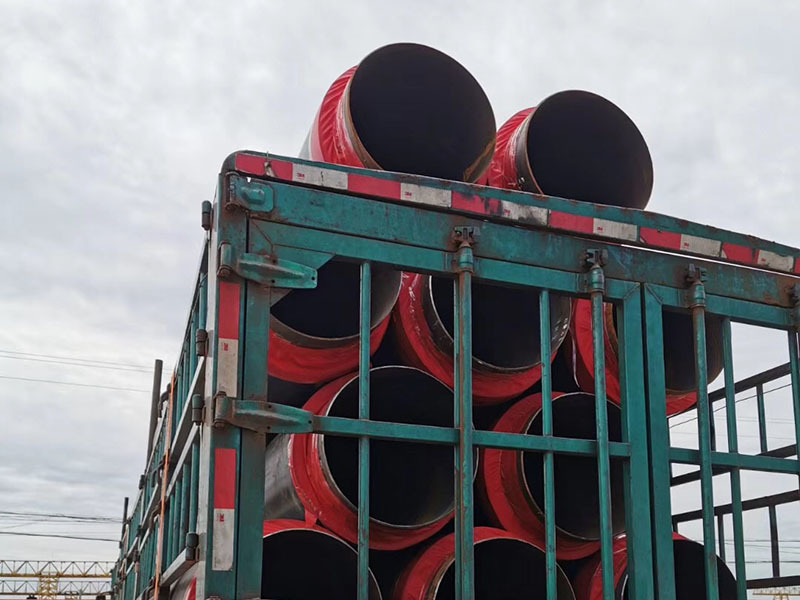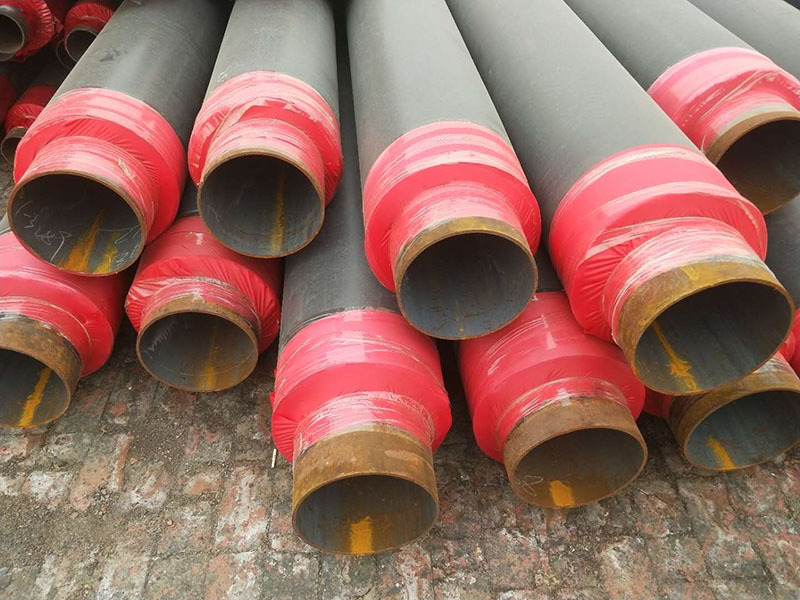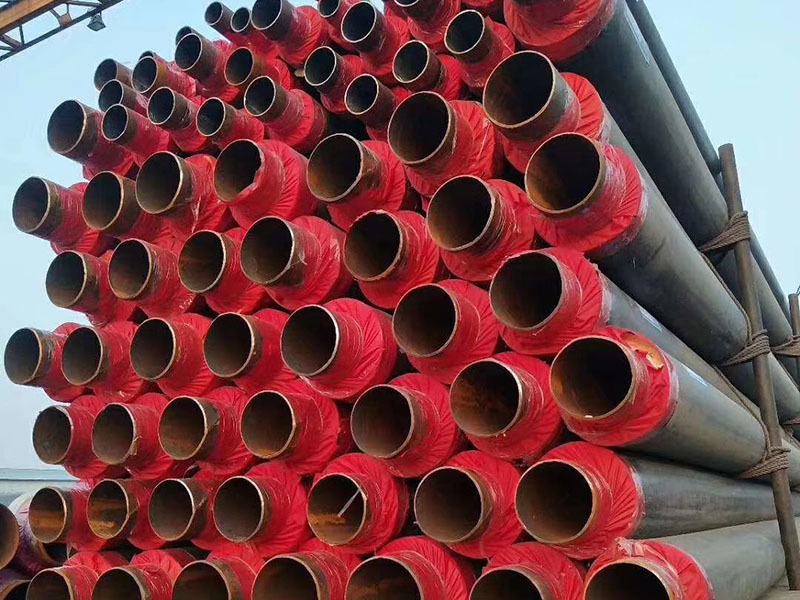Understanding Polyurethane Insulation Pipe Fittings: Benefits and Applications
Release time:
2025-05-08
Polyurethane insulation pipe fittings are critical components in the chemical and plastics industries, particularly when it comes to enhancing the efficiency and effectiveness of piping systems. These fittings are designed to provide thermal insulation for pipes, which is essential in various applications that require the transportation of fluids at controlled temperatures. The unique properties o
Polyurethane insulation pipe fittings are critical components in the chemical and plastics industries, particularly when it comes to enhancing the efficiency and effectiveness of piping systems. These fittings are designed to provide thermal insulation for pipes, which is essential in various applications that require the transportation of fluids at controlled temperatures. The unique properties of polyurethane make it an ideal choice for insulating pipe fittings, ensuring optimal performance in a range of environments.
One of the primary advantages of polyurethane insulation is its excellent thermal resistance. This characteristic helps maintain the desired temperature of the fluids being transported, reducing heat loss or gain. As a result, industries can achieve significant energy savings, lower operational costs, and improved system efficiency. Furthermore, polyurethane insulation pipe fittings can help prevent condensation and frost formation, which can lead to corrosion and other damaging effects on piping systems.
In addition to thermal insulation, polyurethane pipe fittings also offer impressive durability. They are resistant to chemicals and environmental factors, which is particularly important in the chemical industry where exposure to harsh substances is common. This resilience ensures that the fittings maintain their integrity over time, reducing the need for frequent replacements and maintenance efforts. Moreover, the lightweight nature of polyurethane makes these fittings easier to handle and install, contributing to overall efficiency in project execution.
Another noteworthy aspect of polyurethane insulation pipe fittings is their versatility. They can be manufactured in various shapes and sizes to accommodate different piping configurations. This adaptability allows for seamless integration into existing systems, making them a popular choice for both new installations and retrofitting projects. Additionally, the ability to customize these fittings to meet specific application requirements further enhances their appeal across various sectors.
When considering the implementation of polyurethane insulation pipe fittings, it's crucial for professionals to be aware of the installation process and best practices. Proper installation is vital to ensure the fittings perform optimally and provide the expected benefits. Working with experienced contractors who understand the intricacies of these fittings can significantly enhance the overall effectiveness of the insulation system.
In summary, polyurethane insulation pipe fittings are essential components that offer numerous benefits for the chemical and plastics industries. Their thermal resistance, durability, versatility, and energy efficiency make them a valuable investment for any organization looking to optimize their piping systems. By understanding the advantages and applications of these fittings, professionals can make informed decisions that contribute to the success of their projects.
One of the primary advantages of polyurethane insulation is its excellent thermal resistance. This characteristic helps maintain the desired temperature of the fluids being transported, reducing heat loss or gain. As a result, industries can achieve significant energy savings, lower operational costs, and improved system efficiency. Furthermore, polyurethane insulation pipe fittings can help prevent condensation and frost formation, which can lead to corrosion and other damaging effects on piping systems.
In addition to thermal insulation, polyurethane pipe fittings also offer impressive durability. They are resistant to chemicals and environmental factors, which is particularly important in the chemical industry where exposure to harsh substances is common. This resilience ensures that the fittings maintain their integrity over time, reducing the need for frequent replacements and maintenance efforts. Moreover, the lightweight nature of polyurethane makes these fittings easier to handle and install, contributing to overall efficiency in project execution.
Another noteworthy aspect of polyurethane insulation pipe fittings is their versatility. They can be manufactured in various shapes and sizes to accommodate different piping configurations. This adaptability allows for seamless integration into existing systems, making them a popular choice for both new installations and retrofitting projects. Additionally, the ability to customize these fittings to meet specific application requirements further enhances their appeal across various sectors.
When considering the implementation of polyurethane insulation pipe fittings, it's crucial for professionals to be aware of the installation process and best practices. Proper installation is vital to ensure the fittings perform optimally and provide the expected benefits. Working with experienced contractors who understand the intricacies of these fittings can significantly enhance the overall effectiveness of the insulation system.
In summary, polyurethane insulation pipe fittings are essential components that offer numerous benefits for the chemical and plastics industries. Their thermal resistance, durability, versatility, and energy efficiency make them a valuable investment for any organization looking to optimize their piping systems. By understanding the advantages and applications of these fittings, professionals can make informed decisions that contribute to the success of their projects.
keyword:
Related News






